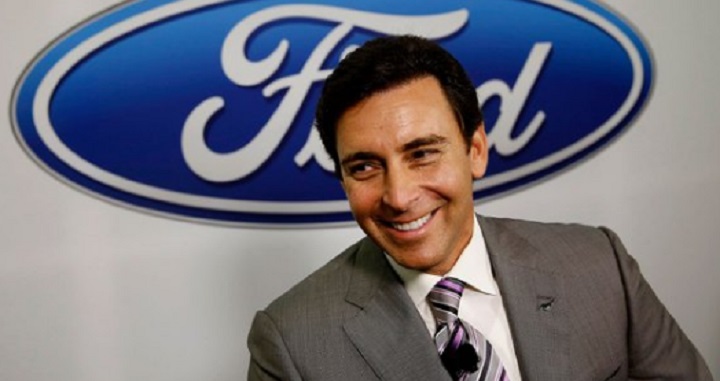On Monday, May 22, Ford (NYSE:$F) announced that former Steelcase (NYSE:$SCS) CEO Jim Hackett will be replacing Ford’s current CEO Mark Fields. As a result, Ford’s shares closed at $11.11 after a 2.2% rise during the trading session that day.
Since it re-appointed its CEO, Ford haven’t exactly been subtle about why the company did so. In fact, in a statement, Ford made it quite clear that Hackett, a turnaround specialist, will be focusing on strengthening the company’s operations, amongst other things. The company and its investors are hopeful that Hackett will bring in some much needed, positive change to Ford. Jeffries (NYSE:$JEF) analyst Philippe Houchois noted that Hackett has been seen as the one largely responsible for turning around Steelcase.
For those who have been keeping an eye on the automobile producer, Hackett replacing Fields shouldn’t come as a surprise. Back in March — to the surprise of many — Ford had issued a profit warning due to a slowdown in its sales and investments. Then, in April, Tesla’s (NASDAQ:$TSLA) market capitalization surpassed Ford’s. Being one of the pioneers of the automobile industry, getting beat by an extremely young auto-company marked the beginning of Ford’s wakeup call. Most recently, in mid-May, Ford had to cut down a number of jobs.
Since Fields stepped up as CEO back in July of 2014, Ford’s shares have gone down by 30%. It’s not the products — it’s the fact that other automobile companies pitched much better product ideas and visions to Wall Street. Hackett acknowledged this during a media conference, stating that Ford could do better when it is articulating its visions to Wall Street.
What happened with Fields should raise some concern in the automobile industry, as it shows the uncertainty of the future of the industry. Although the company’s shares suffered, Fields still did good work at Ford, trying to position the company for a future in electric bikes and smart traffic lights. He also helped with the production of the new Ford GT.
However, Fields weakness laid in the fact that he was too invested in the future; as a result, he neglected what was changing in the present-day. Ford has missed some key moments in the auto industry, such as the rise of electric cars and popularity of mid-size SUVs. Even General Motors (NYSE:$GM) have fared better, capturing the increased popularity of personal taxi apps by investing in Lyft (traded privately) and creating Maven. Another big concern for incoming CEO Hackett is to plan and present to Wall Street on how Ford will focus on the present — not just the future.
For one of the first times ever, automakers are uncertain about how people will prefer to travel. Not everyone will own an electric car and not everyone uses Uber (traded private) or Lyft. This is a time of unprecedented change,” Ford executive chairman Bill Ford Jr. noted.
Featured Image: twitter










